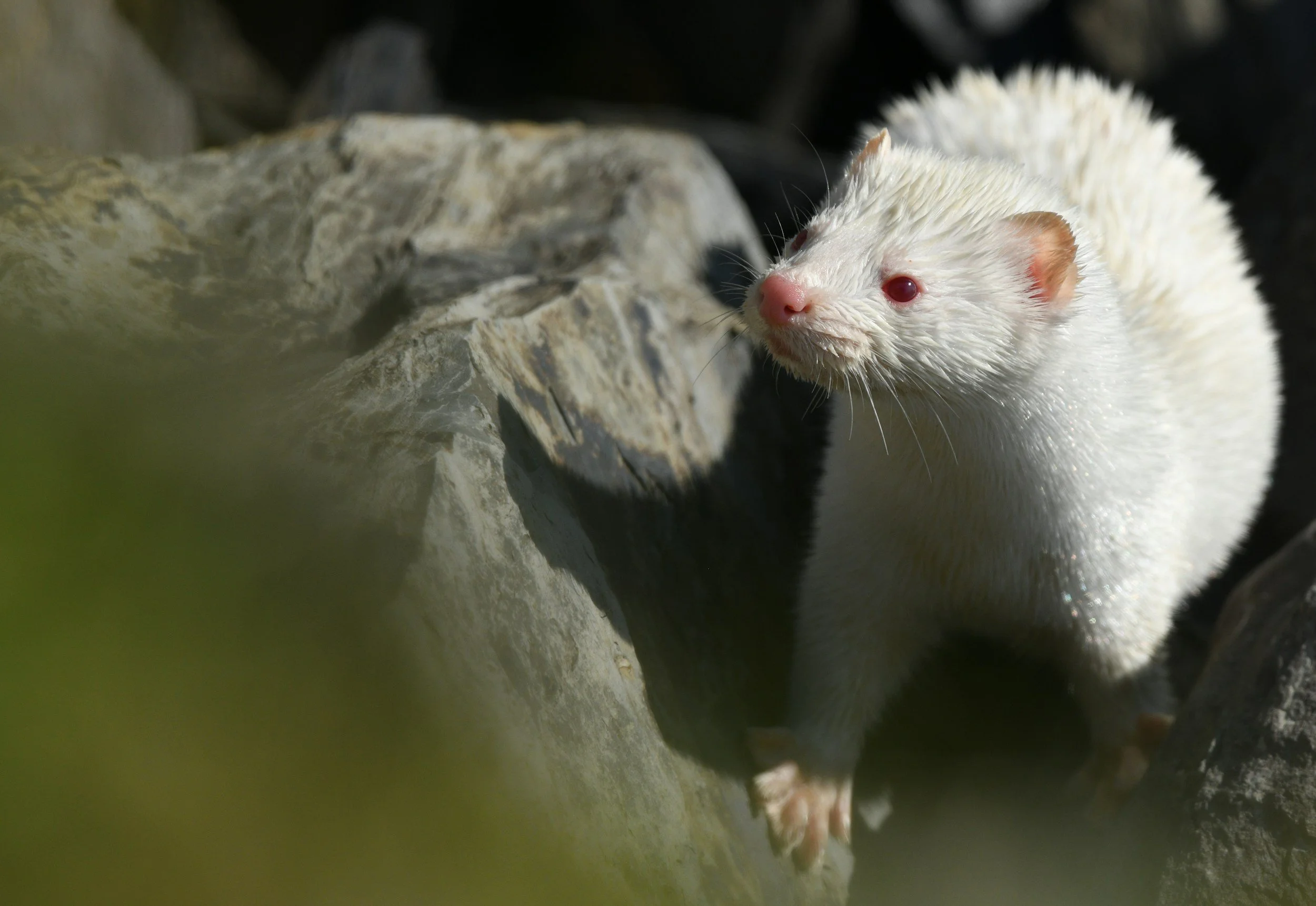Petition Update: Donkey Skins Worth Over $100,000 Seized in Nigeria
Millions of donkeys are slaughtered for their skins and exported every year to meet the demand for ejiao - a gelatin-based ingredient, made from boiling the hides of donkeys.
A truckload of donkey skins worth more than $100,000 (N42 million) has been confiscated by custom officials in Nigeria.
The news was confirmed by the controller of the Kebbi State Area Command, Albashir Hamisu, during a press briefing. According to Hamusi, the truck was heading to the South East states when it was intercepted containing the donkey skin.
“What you are seeing here today is a product of endangered species,” said Hamisu. “Nigeria as a nation is a signatory to the international convention on wildlife. That means that animals that are globally classified as endangered species are not supposed to be hunted, poke and not be used as meat by people.”
During the press briefing, Hamisu also commented on the global poaching of Nigeria’s donkeys for industrial usage. “We cannot allow our nation to be used as conduits pipe for the passage for illegal trade for wildlife. We are aware that some foreigners do come to African countries with money and poke our endangered animals for their industrial needs. But, this is not in our interest as the people, as Nigerians. We have the responsibility to say no to this illegality.”
Global Donkey Skin Trade
Millions of donkeys are slaughtered for their skins and exported every year to meet the demand for ejiao - a gelatin-based ingredient, made from boiling the hides of donkeys, and used in cosmetics, candy, and traditional Chinese medicine.
Around 4.8 million donkey hides are required to satisfy the global demand for ejiao, resulting in steep declines of donkey populations around the world, particularly across Africa.
In 2019, in an effort to address the country’s rapidly dwindling donkey population, Nigeria passed the ‘Donkey Export and Killing’ bill into law The bill prohibits the slaughter and exportation of donkeys and their hides, with perpetrators of the law, including anyone who kills, knowingly moves, delivers, receives, possesses, sells or donates a donkey to be slaughtered, facing a 10-year prison sentence.
“Nigeria donkey is going into extinction, the population has gone down drastically, slaughter of donkey is prohibited, the law is against it and the law is against the slaughter, transportation, storage, and against the trade in donkey hides,” warned Dr Vincent Isigbe, the Director-General of The Nigeria Agricultural Quarantine Service (NAQS) who are responsible for enforcing the law.
The growing demand for donkey skins has plunged many of the donkey populations across Africa into peril. Last year, Kenya announced a ban on the slaughter of donkeys - but, in a tragic turn of events, this was overturned just a few months later.
Kenya’s abattoirs are responsible for slaughtering hundreds of thousands of donkeys to help produce ejiao, and over the last four years, the donkey population has declined by over 66% from 1.8 million to less than 600,000.
Experts are concerned that donkeys will be “wiped out from the face of Kenya within the next two years”. What’s more, there are almost no laws against animal cruelty on farms or in slaughterhouses in Kenya, meaning the animals caught in the ejiao industry are subjected to cruel conditions and violent killing methods, according to investigations.
Animal advocacy group Species Unite is calling for the Kenyan government to reinstate their ban on the slaughter of donkeys. So far, nearly 23,000 people from the Species Unite community have signed an urgent petition asking for an immediate and permanent ban on Kenya’s donkey skin trade.
“Whether it's for leather bags, traditional medicine, or wool blankets, no animal should suffer and die so that we can use their body parts,” said Elizabeth Novogratz, founder of Species Unite. “That’s why the Species Unite community is calling for an end to the donkey skin trade. It’s time to end these cruel industries that see animals as little more than disposable objects for good.”
More stories:
Species Unite
A collection of stories of those who fight the good fight on behalf of animals.




The whereabouts of two baby giraffes remain unknown after a zoo owner withheld their location and was jailed for contempt.